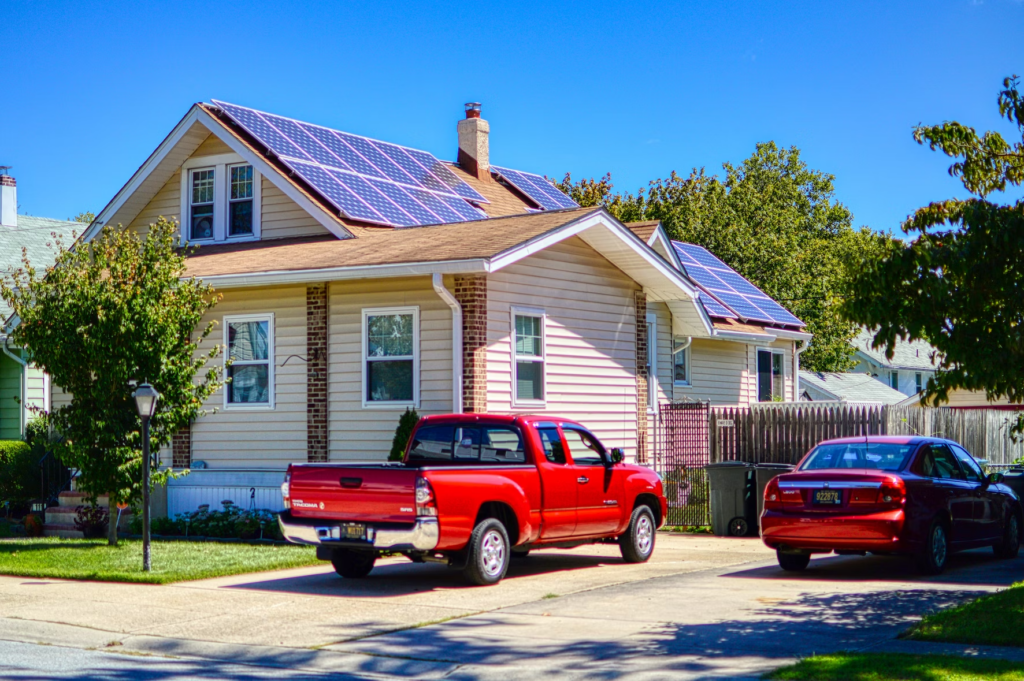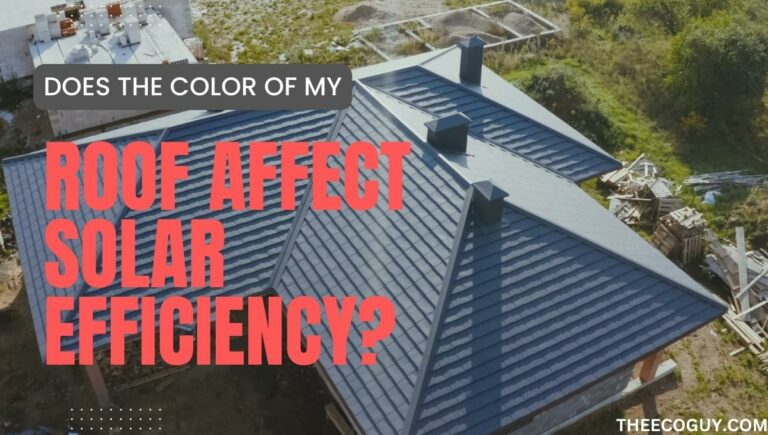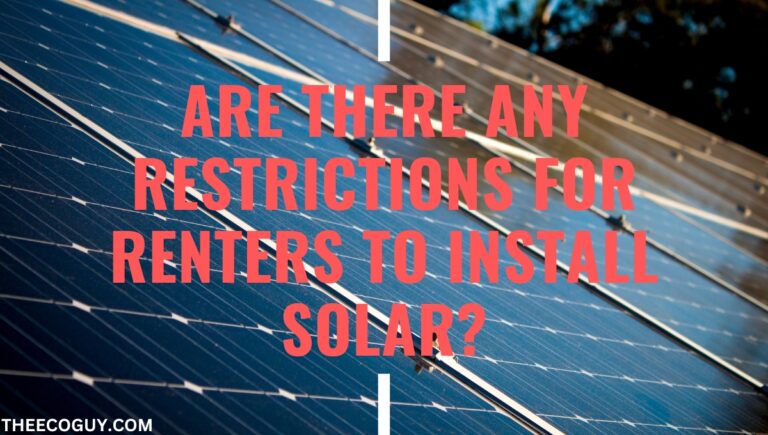Preparing Your Home for Solar Energy: A Complete Checklist

Are you considering making the switch to solar energy? As more and more homeowners discover the benefits of this clean, renewable power source, it’s essential to prepare your home adequately for a successful solar installation.
In this comprehensive guide, we’ll walk you through a complete checklist to ensure your home is ready for solar energy.
Let’s dive in and explore how you can harness the sun’s power to reduce your energy bills, shrink your carbon footprint, and elevate your home’s value!
Assess Your Home’s Solar Suitability
Before investing in solar panels, it’s crucial to determine whether your home is suitable for solar energy. Factors that impact solar suitability include:
- Roof condition: Is your roof strong enough to support solar panels, and does it have at least 10-15 years of life left? If not, it may be worth considering a roof replacement or repair before installing solar panels.
- Orientation: Does your roof face south or southwest? Which is the most efficient direction for solar panel installations? For example, East and west-facing roofs can still generate solar power but may produce less energy than optimal south-facing installations.
- Shading: Can trees or buildings cast shadows on your roof, potentially reducing solar panel efficiency? Remember that even partial shading can significantly impact your system’s performance.
- Available space: Is there enough unshaded roof space to accommodate the desired number of solar panels?
While professional site evaluations are the best way to assess your home’s solar potential accurately, these preliminary questions can help you gauge if solar energy is a viable option.

Determine Your Energy Needs and Solar Potential
Understanding your household’s energy consumption is crucial for selecting the right solar panel system. First, analyze your utility bills to determine your average monthly kilowatt-hours (kWh) energy usage. Then, online solar calculators can help you estimate your home’s solar potential based on location, roof size, and energy consumption.
This information will guide you in choosing a solar panel system that meets your energy needs and maximizes your return on investment. Remember that the goal is to save on your energy bills and contribute to a cleaner environment by reducing your dependence on fossil fuels.
Boost Your Home’s Energy Efficiency
Before installing solar panels, optimizing your home’s energy efficiency is essential. By improving insulation, sealing air leaks, and upgrading to energy-efficient appliances, you can reduce your overall energy consumption and maximize the benefits of your solar installation.
Start by conducting a home energy audit, hiring a professional, or doing a DIY assessment. This process will help identify areas where energy is wasted and recommend improvements. Making your home more energy efficient requires a smaller solar panel system, ultimately saving on installation costs.
Explore Financing Options and Incentives
One of the most significant barriers to going solar is often the upfront cost. However, several financing options are available, such as solar loans, leases, and power purchase agreements (PPAs). Each option has its advantages and disadvantages, so it’s essential to weigh them carefully against your financial situation.
Additionally, don’t forget to research available incentives, tax credits, and rebates, which can significantly reduce the cost of your solar installation. For instance, the federal solar investment tax credit (ITC) allows homeowners to deduct a percentage of their solar installation costs from their federal taxes. Many states, local governments, and utility companies also offer additional incentives, making solar energy more accessible and affordable.

Choose the Right Solar Panel System and Installer
Once you’ve determined your home’s solar potential and financing options, it’s time to select the best solar panel system for your needs. Consider factors like efficiency, price, and warranties when comparing different solar panels. High-efficiency panels may cost more upfront but can generate more energy in the long run, while panels with extended warranties offer greater peace of mind.
Equally important is choosing a reputable, experienced solar installer. Look for certified professionals with a proven track record of successful installations, favorable reviews, and excellent customer service. A trustworthy installer will ensure a smooth installation process and long-lasting solar energy benefits. They should also provide guidance on proper maintenance and monitoring to keep your system running at peak performance.
Understand and Secure Necessary Permits and Approvals
Before your solar installation can begin, you’ll need to obtain the necessary permits and approvals from local authorities and homeowners’ associations. Permit requirements vary by location, so consult with your solar installer and local government to ensure you meet all regulations.
Securing permits and approvals can take time, so beginning this process early is essential to avoid delays in your solar installation. In addition, keep in mind that some homeowners’ associations may have specific rules regarding solar panel appearance or placement, so be prepared to work within these guidelines.
Prepare for Installation Day
As your solar installation day approaches, there are a few final steps to ensure everything goes smoothly:
- Clear the area around your home, including trimming trees and removing any obstructions that could hinder the installation process.
- Ensure your attic, garage, or other areas where electrical work will be performed are easily accessible.
- Notify your utility company of your planned solar installation, as they may need to install a new meter or make other preparations.
- Arrange for any necessary inspections or certifications from your local government or utility company.
By completing these tasks in advance, you’ll help ensure a seamless installation process and a faster transition to solar energy.
Final Thoughts: A Well-Prepared Home is the Key to Solar Success
Preparing your home for solar energy is essential in ensuring a successful installation and long-term clean energy benefits. By following this complete checklist, you’ll be well on your way to joining the growing movement toward sustainable living.
Are you ready to take the next step toward a greener, more energy-efficient future? Start preparing your home for solar energy today and enjoy its countless benefits to your wallet, the environment, and your quality of life!






